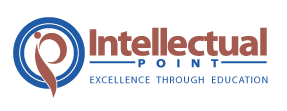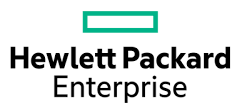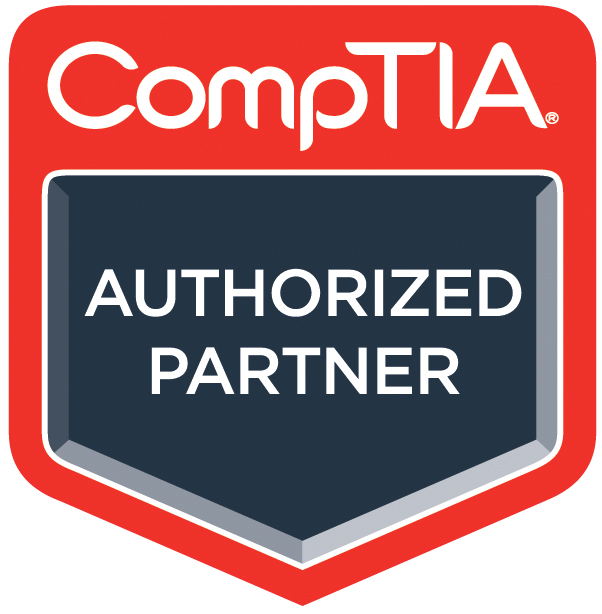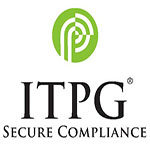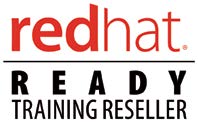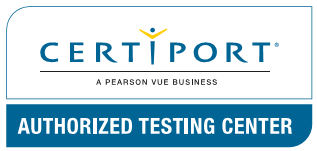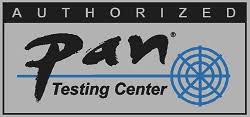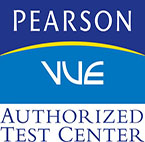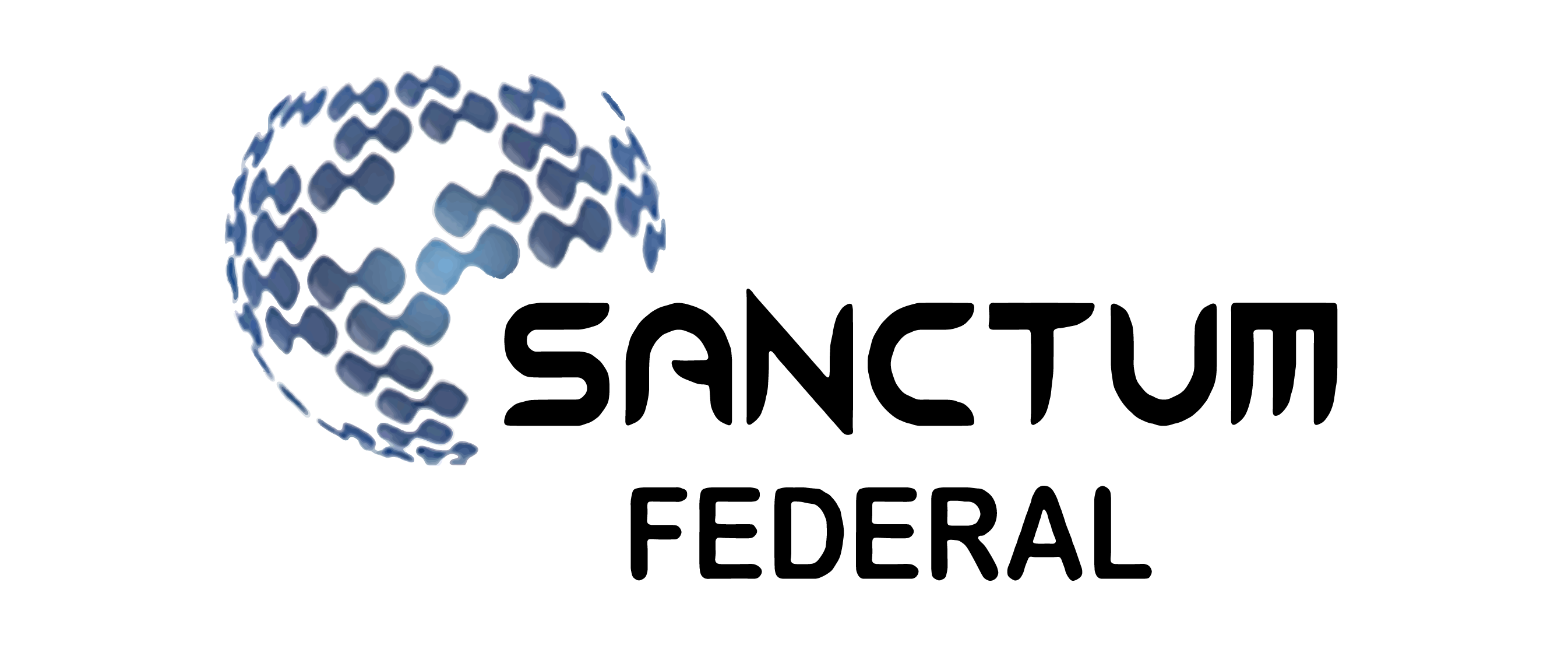Tips On Improving Your Resume

Ever heard of the old acronym “K.I.S.S”? It stands for “Keep It Simple, Stupid” and it applies to resumes, believe it or not. Hiring managers do not want to spend a lot of time reviewing individual resumes, so make sure the formatting and wording of yours makes it easy to skim over. Keep it short. Keep it concise. Don’t concern yourself with a thesaurus of industry jargon and fancy prose. You want your resume to be easily readable, so if someone has to spend a lot of time trying to discern what you mean with weird, empty euphemisms, then they’re likely to just toss your resume altogether. Make sure things are well spaced out, and while having a one-page resume is ideal, try not to exceed two pages if you can help it.

Organize your work experience in reverse chronological order, with your most recent experience listed first. With that being said, curate your past experiences so that it fits with the position you’re applying for. You don’t have to include every obscure job you’ve ever had, just relevant things. Think of your resume as a pitch to sell yourself, rather than as a document for record keeping of your past jobs. If you’re having trouble listing relevant work experience, focus your resume on transferrable skills instead. In your cover letter, be sure to explain why, despite lacking in relevant job experience, why your skills make you an ideal candidate.

When listing your accomplishments and responsibilities with each job, try to use as many numbers, percentages, and figures as you can. These provide measurable, quantifiable proof of what you bring to the table. Also, try keeping your bullet points to only a handful for each section. Remember: hiring managers aren’t interested in lengthy reads!

Make sure you pick out the keywords in the job description, then find a way to work them into your resume. This will ensure that application tracking systems filter your resume to the hiring manager and ensures that you’re tailoring your resume to fit the job.

Stay away from vague statements and adjective-heavy descriptors like “team player” and “detail-oriented”. Instead, try to translate those aspects of yourself into actions that you’ve taken: show, don’t tell. In order to do this, talk about the results of your work, working in a figure or number whenever possible. Whenever you think of “I am”, try to find a way to translate that into “I did”.

List your experiences first and your education after, with the most recent or highest degree first. Unless, you have a degree that’s more relevant, then list that one first. Don’t bother with dates or GPA, instead focus on any honors you received. And do not forget to include any continuing or online education you received additionally.

Don’t forget to include skills, awards, and accolades. List your skills in their own section, along with any industry-related certifications.

Lastly, make sure to take a look at your resume every quarter or so to update it and keep it fresh.
Learn About Intellectual Point Resume Packages
Top Tips to Set Up A Successful LinkedIn Profile

